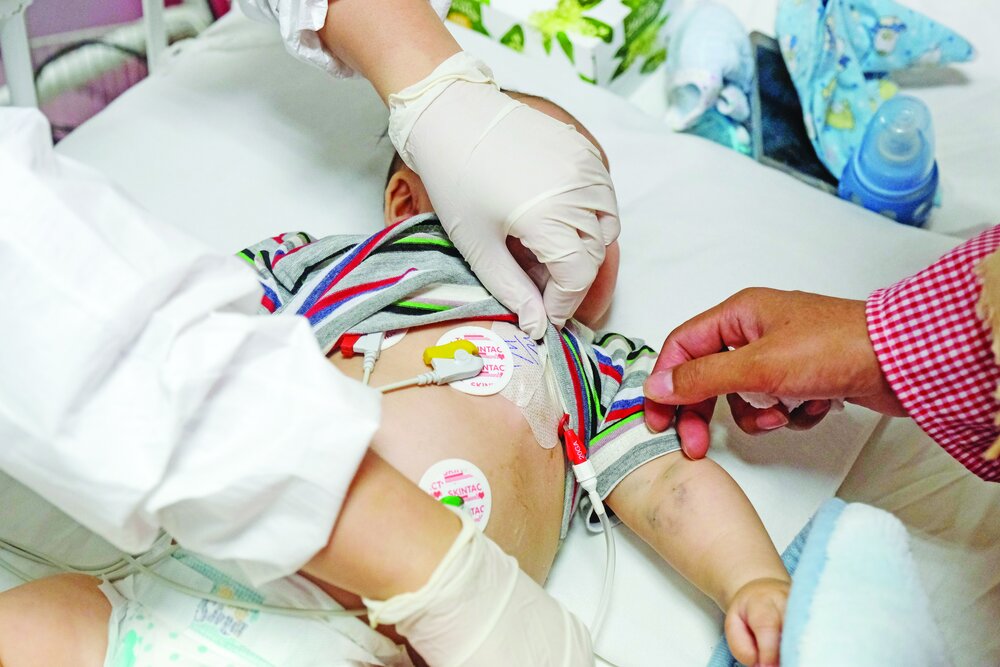Why is BBC trying to reverse reality?

TEHRAN — Alena Douhan, the UN Special Rapporteur on sanctions, visited Tehran on May 7. Douhan, who has previously studied the effects of sanctions in Qatar, Venezuela and Zimbabwe, came to Tehran to comprehensively investigate the effects of sanctions on the daily lives of Iranians.
On Wednesday, May 17, she held a press conference to tell reporters about the results of her initial assessments.
Douhan said she met with government representatives and representatives of various civil society organizations, health and medical centers and university academics.
The Tehran Times has learned that Douhan had held more than 50 formal and informal visits in the 11 days of her mission in Iran. She met with almost all cabinet ministers, the vice president for women's affairs, and the heads of many civil society organizations. Many of these meetings were independently coordinated by the special rapporteur herself.
Simultaneously with the announcement of Douhan's visit to Iran, many fake social media users began their smear campaigns on this trip and the UN special rapporteur. It was initially stated that Iran would provide the special rapporteur with false information to prevent the publication of a documented and factual report. Then, it was rumored that Douhan had taken $200,000 from China to reverse the report on the Uyghur massacre. But none of them were true.
According to information obtained by the Tehran Times correspondent, during these 12 days, the Iranian government and the international relations office of the Judiciary Human Rights Headquarters did not pay any expenses for the trip in order to avoid possible rumors. Douhan even mentioned in her press conference that she had brought cash with her so that she could pay for her hotel. This statement was in line with what the Tehran Times correspondent heard, that Douhan's hotel was provided not by the international relations office of the Human Rights Headquarters, but by the United Nations Office in Tehran.
But now that the UN Special Rapporteur on sanctions has spoken of the illegality of secondary U.S. and European sanctions against Iran, the Persian-language foreign media are trying to prevent her from revealing the facts by putting pressure on her, or at the very least, portray her as a reporter affiliated with the Iranian government. Note the first paragraph of the BBC Persian’s report from Douhan’s press conference.
“Ms. Dohan is the UN Special Rapporteur on the Negative Impact of Unilateral Coercive Measures, and although she traveled to Iran on behalf of the UN Human Rights Council, she made no mention of the recent protests at her press conference on Wednesday. There were no reports of violent repression of protesters."
The BBC's claim comes at a time when Douhan's mission is basically to study the effects of sanctions on the daily lives of the people “anywhere.” Meeting prisoners and protesters is not part of her mission, and if the special rapporteur would have spoken about it at her presser, it would have been outside her mission. BBC reporters deliberately go over this issue in particular and try to get to the heart of the matter. Of course, they may not know that Douhan is a UN special rapporteur on one particular subject and only works in the field of sanctions, in which case, rest in peace media!
The Tehran Times would like to remind the BBC that special rapporteurs are divided into two categories: There are ones who focus on one subject, and there are others who focus on all aspects of one country, for the latter, Ahmad Javeed is an example focusing on Iran.
Other parts of Douhan's report may be more interesting to the BBC Persian, but they deliberately turn a blind eye to these parts because it is not to the liking of their employers.
Douhan said, “The organizations’ aid packages have not had an effect due to the problems that exist in the field of banking transactions. People's lives have been affected and the situation has worsened.”
She also stressed that unilateral sanctions have endangered the human rights situation in Iran, and have damaged the livelihoods of the people, mostly the vulnerable classes of the society. Issues such as children diagnosed with cancer, EB patients, thalassemia patients, and chemical warfare victims in Iran may be more interesting topics for BBC Persian. The Tehran Times advises BBC reporters to cover these areas, which Douhan also explored.
Leave a Comment